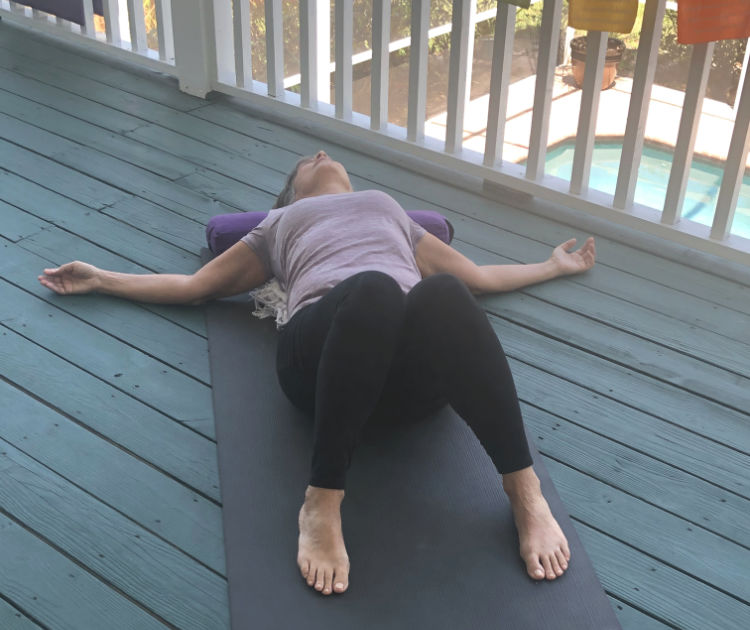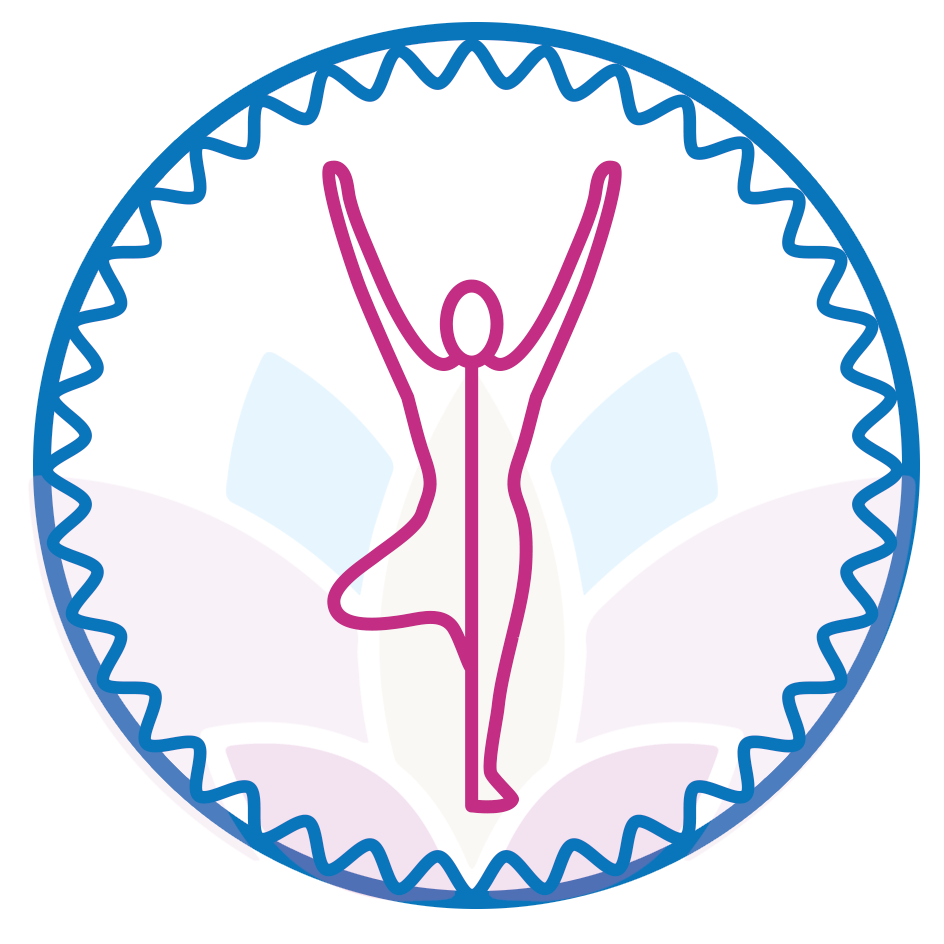
Have you tried everything and are getting more stressed out by the lack of sleep?
You are not alone. According to Harvard Research, 35% of people are experiencing disturbances in their sleep since COVID19.
First, the bad news. Getting worked up or anxious about not sleeping does not help. You probably realize this, but I will illustrate this point with a personal story. For years, I suffered from digestive issues and anxiety. I ran from doctor to doctor, healer to healer looking for solutions. Sometimes I got some relief, other times it did not work at all. However, I did not realize the big factor that was affecting my healing — the connection between anxiety and my digestive issues. In other words, the more anxious I became about my digestive issues, the worse the symptoms got. I was actually hindering my body’s healing by not learning to manage my emotions about my issues. And so are you if you are stressing out about not sleeping!
After much study and experimentation, I learned the science behind this block to healing. This is an oversimplified explanation, but it is illustrative– when you get anxious your body produces more cortisol (the fight or flight hormone). This hormone creates a cascade of events in your body, including an increased heart rate, production of far fewer digestive enzymes, and more inflammation. Furthermore, your negative thoughts or worries that start in the brain send electrical messages to your body through your nervous system. Next, these messages are read by your body as danger signals. Our brain and our nervous system cannot distinguish between real threats and imagined ones.

10 Tips to Get Better Sleep
The Good News is that there are many strategies you can use to calm the worry and improve your sleep.
- Eat your last meal 3 to 4 hours before you are headed to bed. Sugar, alcohol, and heavy foods can interfere with sleep. Digestion of food can also keep you awake.
- Keep technology out of your bedroom and stop using it several hours before you go to sleep. According to Harvard Research, “Blue wavelengths—which are beneficial during daylight hours because they boost attention, reaction times, and mood—seem to be the most disruptive at night.” Blue light suppresses melatonin, which is your sleep hormone.
- No lights on in the bedroom if possible at sleep time. If you need a nightlight, consider investing in red color light. See the above Harvard link for the research.
- Have a bedtime routine that involves a shower or warm bath with Epsom salts blended with a carrier oil and some essential oils.
- Do some relaxing breathing (here is a FREE sample practice that might work for you) and try a Restorative Yoga Routine. (Find out more about my new Restorative Yoga Classes and sign up here.)
- Take time out during the day to release stress from your body through gentle movement, walks in nature, breathing practices, tapping, or gardening. In other words, you cannot expect a body that has been stressed out all day to suddenly relax enough at night to sleep. Your sleep routine is set far earlier in the day. If you power through your lows during the day, you may not sleep well at night, so take breaks. You are creating and practicing a “resting rhythm”.
- If you can, go to bed by 10 pm and wake up around 6 am. According to Ayurveda, the sister science of yoga, when you stay up past 10 pm, you are entering the Pitta time of the 24-hour clock. Pitta time is revved up work time. You want to fall asleep during Kapha time for the most peaceful night’s sleep. If you find yourself waking up around 2 am most nights during Vata time, then you might have a Vata Dosha imbalance. Check out this blog post I wrote on the doshas.
- Try essential oils and herbs. My favorite essential oils for sleeping include lavender, neroli, frankincense, and Roman Chamomile. One of the famous herbs used for sleeping is nutmeg.
- Try yogic sleep known as Yoga Nidra. Here is a recording I made for my students. Click here for the free recording. You could listen to this before going to sleep or if you wake up in the middle of the night.
- Start keeping a journal. Take notice of the nights when you are sleeping well and journal about anything you did that day that might have led to better sleep. Observing your patterns can help you figure out what is working and not working. This can lead to feeling empowered about your sleep, which has a slew of benefits for your physical and mental health.
- If you need my help, please reach out to me for HeartMatch training which can lower your cortisol and reduce anxiety which might be keeping you up.

Please feel free to contact me at 239-634-0739 or andrea@heavenlanecreations.com for a FREE 15-minute consultation to see if my health coaching or yoga can help you get the zzz’s you need to feel better.

Andrea Trank
239-634-0739
andrea@heavenlanecreations.com
HeavenLaneCreations.com


